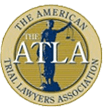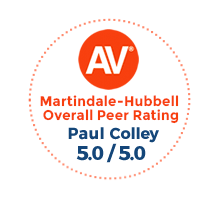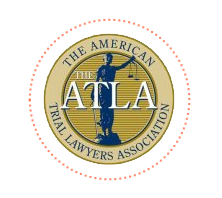Generic drug makers fight against health risk

Many medications that Americans buy are generic drugs made by companies that are now trying to kill a proposed federal regulation that would require companies to warn patients of all possible known health-risk that they could impose on the drugs they sell.
The Food and Drug Administration now proposes a rule that would change that. Ralph G. Neas, president of the Generic Pharmaceutical Assn. says that the changes would be "nothing short of catastrophic." The industry trade group believe that it could cause healthcare cost to rise and create a "dangerous" confusion for patients and their doctors.
The issue however imposes a legal loophole created by the Supreme Court that drew strong distinctions between name-brand drugs to generic brands. Both are which the same products, but commonly marketed under chemical names.
The High Courts confirmed in 2009, that drug makers could be sued if failure to warn patients if brand-name drugs they produced carried a potential serious health risk.
The decision upheld when a $7-million jury verdict when a Diana Levine, a Vermont violinist, lower arm was amputated. Her arm became infected after an injection for anti-nausea drug made by Wyeth, that could sometimes cause gangrene if injected into an artery.
The Supreme Court majority flipped when generic drugs could also cause possible side-effects.
A 5-4 ruling last year tossed out a $21-million verdict to Karen Bartlett by a lower court, a New Hampshire woman who was badly burned and nearly blinded by a prescribed painkiller.
The court decision however, ruled that generic makers were shielded from lawsuits. Justice Clarence Thomas reasoned that federal regulators say that generic brands are required to be the same exact copies of the approved brand-names drugs by the FDA, so that makers of generic drugs do not necessarily have to revise or update warning labels when new risk comes to light for brand-name drugs. Thomas says that they cannot be sued for failing to warn consumers.
"Nothing in the court's opinion convinces me that … Congress intended these absurd results," Justice Sonia Sotomayor said .
The FDA proposed to fixed the problem in Novemeber by allowing generic drug makers to chane their wanring labels if reports of new problems rose.
"In the current marketplace, approximately 80% of drugs dispensed are generic drugs," said FD. "Accordingly, there is a need for [generic drug producers] to able to independently update product labeling to reflect certain newly acquired safety information."
The proposed rule would extend legal liability to generic drug industries that would have an "independent responsibility to ensure its product labeling is accurate and up-to-date," the FDA said.
The proposal met opposition fiercely from the generic drug making companies, with members stating that they "cannot support a proposed rule that undermines public health merely to facilitate litigation against generic drug companies by the plaintiff's bar."
A study by an independent IMS Institute for Healthcare Informatics say that generics had lowered healthcare cost by $1.2 trillion over the last decade. A head of an industry group, Neas said that generics had lowered many Americans' healthcare costs.
The Leadership Conference on Civil Rights and an advocacy group People for the American Way was formerly led by Neas, where he was credited in orchestrating a national campaign to derail the Judge Robert Bork nomination to the Supreme Court in 1987.
"Our aim is to get the facts out there," said Neas. "This will go for some time. I don't believe this [proposed] rule benefits anyone in the healthcare system." Neas and his group fought against the proposed rule change as a national education campaign.
The FDA plans to complete the proposal after hearing comments made through January. The agreements were postponed with a deadline in March in response to complaints made from generic drug makers.
The rule change however has the backing of some congressional leaders who follow health policies that include Rep. Henry A. Waxman (D-Beverly Hills), cosponsor of the 1984 Hatch-Waxman Act who has been credited with widespread adoption of generic drugs for patients.
"Patients should have the same rights to seek compensation if they are injured by a drug, regardless of whether it is a brand-name or a generic," Waxman said. "It doesn't make sense," he said, to have patients' rights depend on which version of a drug they took.
Dr. Michael Carome, director of Public Citizen's Health Research Group, say that a growing number of drugs are sold only as generics. That shift argues for changing the federal warning rules.
"Many potential hazards are not discovered until years after drugs have been on the market," Carome said. "The proposed rule would remedy this public health problem" by requiring generic makers to disclose new safety risks as they are known, Carome added.
Source: LA Times "Generic drug makers fight rule on health risk warnings". David G. Savage, February 16, 2014
















